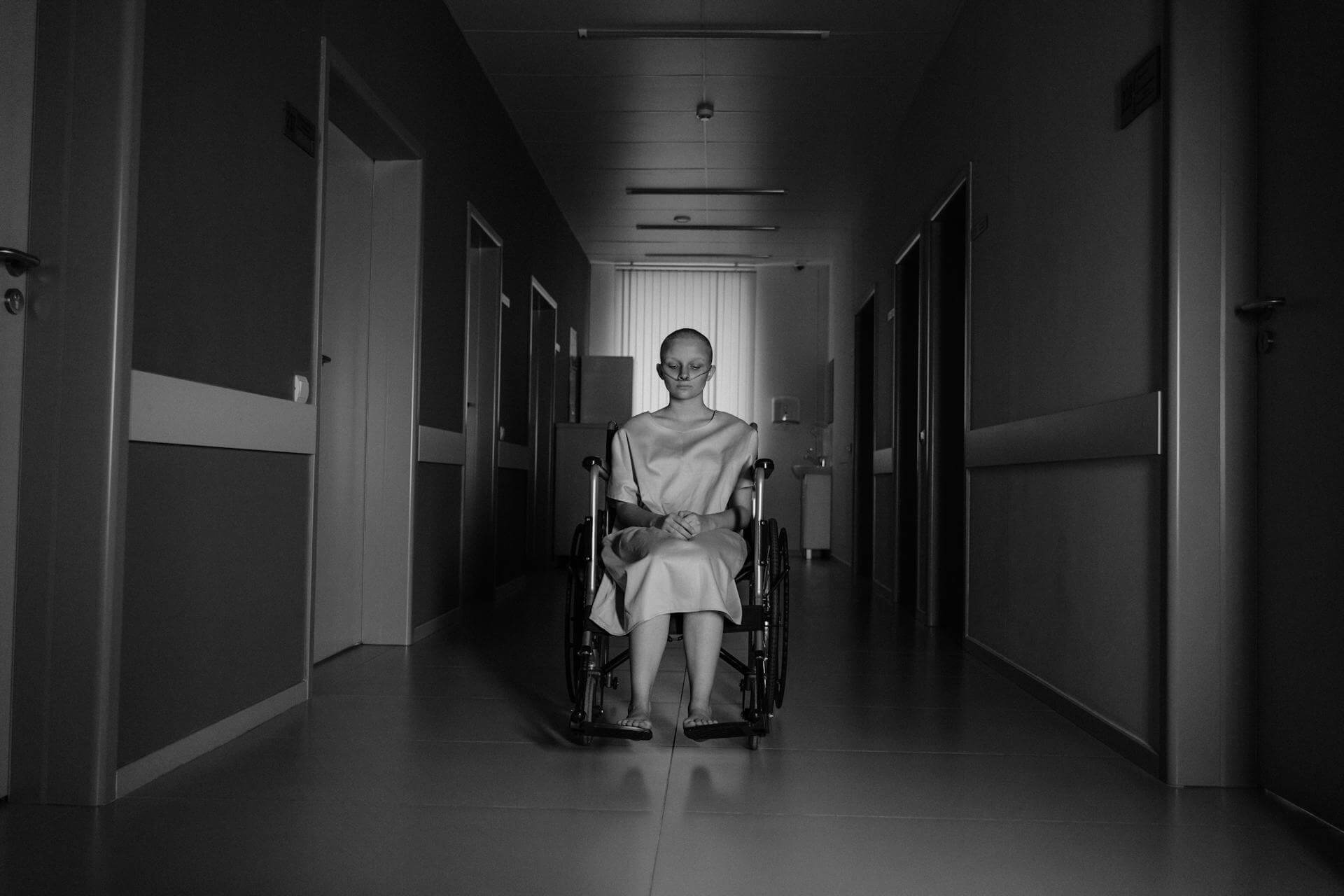The impact of chemotherapy on mental health: a psychologist's perspective
In this article, we explore how chemotherapy affects the mind, what “chemo brain” really is, how to differentiate between normal adjustment reactions and more serious psychological conditions, and how to support yourself or a loved one during this phase of treatment.

A cancer diagnosis is not only a shock to the body – it is also a profound psychological stressor. One of the most emotionally vulnerable periods for many patients is during chemotherapy, a vital yet aggressive treatment method for oncological diseases. Chemotherapy affects not only physical well-being, but also emotional stability, cognitive functions, and one’s overall sense of self and life.
In this article, we explore how chemotherapy affects the mind, what “chemo brain” really is, how to differentiate between normal adjustment reactions and more serious psychological conditions, and how to support yourself or a loved one during this phase of treatment.
The Psychological Journey Begins Before Chemotherapy
After receiving a cancer diagnosis, people often pass through the classic stages of psychological adjustment: shock, denial, bargaining, anger, depression, and eventually – acceptance. This process can be brief or span years. Each stage can significantly impact mental health.
Chemotherapy often symbolizes the start of the “real battle” with cancer, but it also marks the beginning of a new wave of emotional challenges. Anticipation of side effects, fear of pain, uncertainty about outcomes, loss of control over one’s body, and social isolation all create an intense emotional backdrop. Over time, this may lead to chronic stress or clinical depression.
What Is “Chemo Brain” and Why Should We Talk About It?
Many patients report difficulties with concentration, memory, speaking, or organizing daily tasks during or after chemotherapy. They describe their experience as “mental fog,” “confusion,” or “a blurred mind.”
This condition is known as chemo brain (or “chemotherapy-related cognitive impairment”). Research shows that 17% to 50% of cancer patients experience:
- Poor concentration
- Short-term memory problems
- Difficulty multitasking
- Slowed thinking
- Word-finding difficulties
- Mental fatigue
Chemo brain is a multifactorial condition. It is not caused solely by chemotherapy drugs, but also by anesthesia, sleep disruption, hormonal changes, anemia, chronic pain, stress, and emotional factors like depression and fear of death.
Emotional Challenges During Chemotherapy
In addition to cognitive difficulties, patients may experience a wide range of emotional and psychological challenges, such as:
- Fear of relapse or death
- Anger toward oneself, doctors, or loved ones
- A sense of lost control
- Lower self-esteem due to physical changes (hair loss, weight loss, disability)
- Depression, often accompanied by apathy, tearfulness, or insomnia
- Isolation – feeling detached from “normal life”
- Existential crisis – questioning life’s meaning, goals, and relationships
The Role of Loved Ones: Support Without Pressure
Family members often feel unsure how to help – what to say, how to act. They, too, experience stress and may feel even more overwhelmed than the patient.
Key principles of emotional support:
- Be present, physically and emotionally. Silent presence can be powerful.
- Don’t minimize the person’s experience – phrases like “you’ll be fine” or “others have it worse” are unhelpful.
- Offer choices – don’t take over decisions or actions, even if the patient seems weak.
- Talk about fear – be honest and say: “I’m scared too, but I’m here with you.”
- Avoid overprotection – it can increase the feeling of helplessness.
- Include the person in daily life – small tasks help restore a sense of normalcy and agency.
To Help Someone with Chemo Brain: Practical Tips
- Create a calm and organized environment.
Assign fixed places for keys, phone, medications – it reduces memory load. - Use reminders and tools.
Sticky notes, phone alerts, planners – anything that supports recall is helpful. - One task at a time.
Multitasking can be draining. Go slowly, step-by-step. - Stimulate the brain.
Crossword puzzles, board games, language learning, reading, and meditation all help gently restore cognitive function. - Support good sleep and movement.
Even short daily walks can reduce anxiety and improve brain function. Quality sleep is essential for mental recovery.
Do Cognitive Functions Recover?
In most cases – yes. Chemo brain symptoms usually resolve within 6-12 months after treatment ends. However, some individuals – especially older adults or those treated with anthracyclines – may experience residual symptoms like mild forgetfulness or mental fatigue.
If cognitive issues persist, it’s important to consult with a psycho-oncologist or neuropsychologist. Today, there are rehabilitation tools tailored specifically for cancer patients to help restore memory, attention, and focus.
Life After Chemotherapy: Not a Return, But a New Beginning
Many patients describe life after treatment as a division into “before” and “after.” And psychologically, that’s true. Such a profound experience often shifts values, priorities, and even personality.
The role of both loved ones and professionals is not to return a person to their “old self,” but to support their adaptation to a new sense of self, a new stage of life, and new identity. Psychotherapy, support groups, art therapy, and spiritual practices can all be part of this healing journey.
Psychological Support Is Not a Luxury – It’s Part of Treatment
Psycho-oncologists are now an integral part of multidisciplinary care in modern oncology clinics. They help patients manage intense emotions, adapt to life changes, and rediscover resources for living – even with limitations.
If you or someone you love is going through this difficult time, do not hesitate to seek psychological help.
It is not a sign of weakness – it is a form of self-care.
And it is this care that helps us endure, survive, and most importantly – continue living.
This material was prepared as part of the Capable and Resistant Program with support from East Europe Foundation and Switzerland. The views expressed in this material do not necessarily reflect the position of the Eastern Europe Foundation or Switzerland.
Stay connected with us
Whether you’re interested in becoming a partner, have a question or need support, we’re here for you. Fill out the form below to get in touch


.jpg)

.jpg)
.jpg)